Disclosure: This article contains affiliate links. We may earn a commission from purchases at no extra cost to you, which helps our travel content.
There's something utterly magical about the moment when your bicycle tires first crunch along the dusty paths of Polonnaruwa. The winter sun casts a golden glow across ancient stones that have witnessed centuries unfold, and suddenly, you're not just a visitor—you're part of a living, breathing historical narrative. After my whirlwind love affair with desert landscapes, Sri Lanka's cultural triangle offered me a different kind of beauty: one where human ingenuity and natural splendor dance in perfect harmony.
Why Cycling is the Ultimate Way to Experience Polonnaruwa
Let me be frank—I've done the air-conditioned tour bus thing, and while there's nothing wrong with it, cycling through Polonnaruwa is an entirely different experience. The ancient city sprawls across several kilometers, making it too vast to comfortably explore on foot but perfect for two wheels.
Cycling connects you to the landscape in a way that motorized transport simply cannot. You'll feel the subtle changes in terrain, catch the whispers of breeze through ancient doorways, and have the freedom to stop whenever something catches your eye—be it a perfectly preserved Buddha statue or a family of langur monkeys performing acrobatics in the trees overhead.
Renting a bicycle costs around 500-800 LKR (£2-4) for the day—a fraction of what you'd pay for a tuk-tuk tour. I rented mine from a small shop near my guesthouse, equipped with my compact backpack filled with essentials. The bicycles aren't fancy mountain bikes, mind you—they're basic city bikes, but perfectly adequate for the terrain.
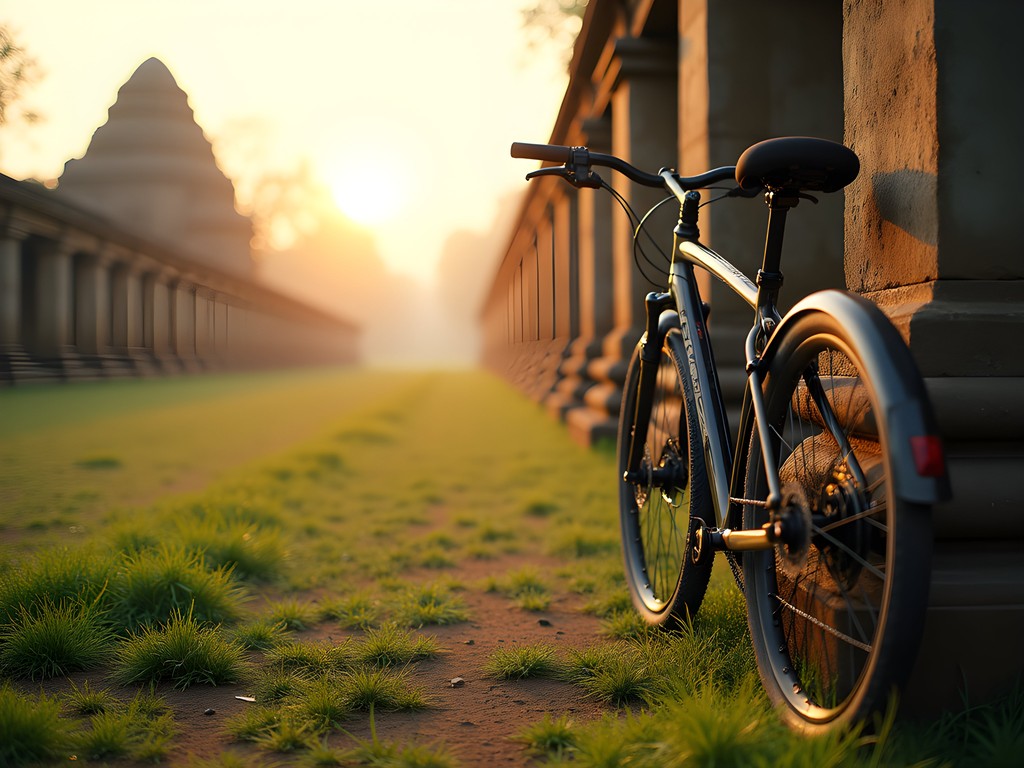
💡 Pro Tips
- Rent bikes early in the morning (around 7 am) to beat both the crowds and the midday heat
- Bring a reusable water bottle with a built-in filter to stay hydrated sustainably
- Wear comfortable clothes that cover shoulders and knees as you'll be visiting religious sites
Planning Your Route: A Budget-Friendly Itinerary
The archaeological site is divided into several groups, and with a bit of planning, you can see the highlights in a single day without rushing. I'd recommend starting at the Archaeological Museum (worth the 30 minutes to get oriented) before heading to the Ancient City.
The entrance fee to the site is steep by Sri Lankan standards—around $25 USD/£19—but absolutely worth every rupee. Once inside, I followed this route:
- Royal Palace Group: Begin where the kings once lived, exploring the impressive audience hall with its elephant carvings
- Quadrangle: The most concentrated collection of ruins, including the stunning Vatadage
- Northern Group: Home to the magnificent Lankathilaka and Kiri Vehera
- Gal Vihara: Save this breathtaking collection of Buddha statues for last
I tracked my route using my GPS sports watch, which was brilliant for keeping tabs on distance and having a record of my journey. The entire loop is about 15km, easily manageable even for casual cyclists, with plenty of stops along the way.
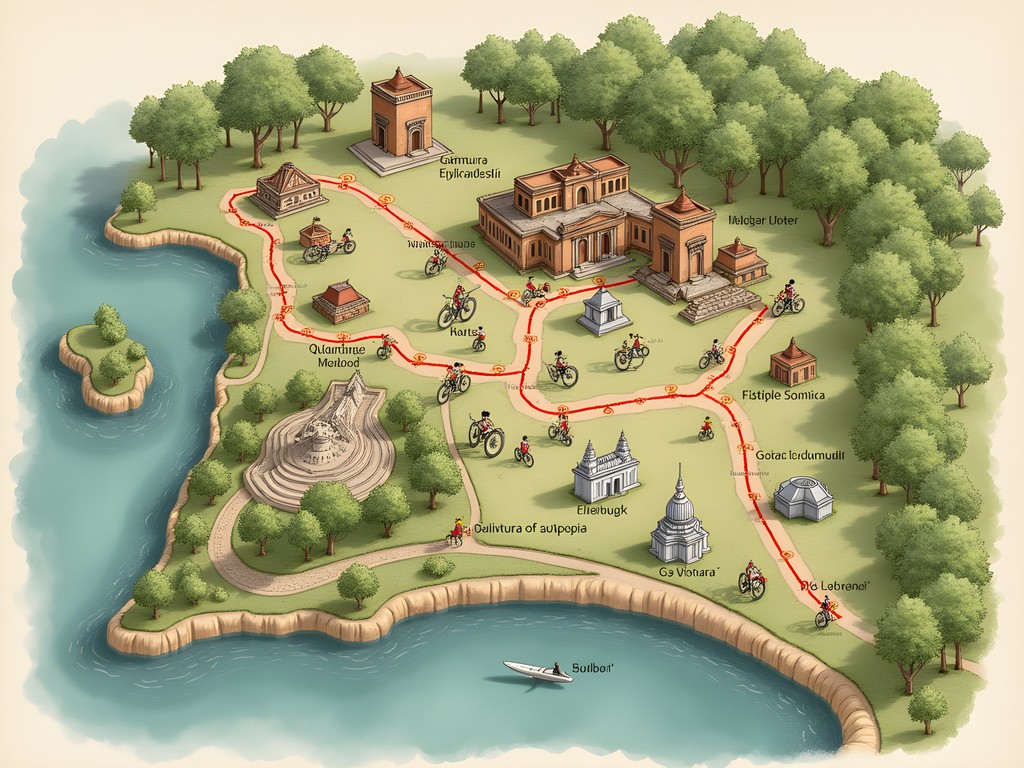
💡 Pro Tips
- Buy your entrance ticket the evening before to save time in the morning
- Download an offline map app as internet can be spotty within the site
- Plan your route to end at Gal Vihara for the most impressive finale
Practical Tips for Cycling in Winter
Winter (December to March) is ideal for cycling in Polonnaruwa. The weather is relatively dry, and temperatures hover around a pleasant 25-30°C (77-86°F). However, don't be fooled—the Sri Lankan sun is fierce even in winter.
I learned this the hard way when I neglected to apply sunscreen to the backs of my hands while gripping my handlebars. Two hours later, I was sporting what my partner jokingly called 'cyclist's gloves'—red, painful sunburn in a perfect handlebar-gripping pattern.
Pack accordingly: a cooling towel was my saving grace. Soak it in water, wring it out, and drape it around your neck for instant relief from the heat. I also relied heavily on my sun hat with its wide brim and neck protection.
Hydration is critical. I carried two liters of water and still needed to refill at one of the small shops near the site entrance. If you're cycling during the winter dry season, the terrain is mostly flat and easy, with occasional sandy patches that might require you to dismount briefly.
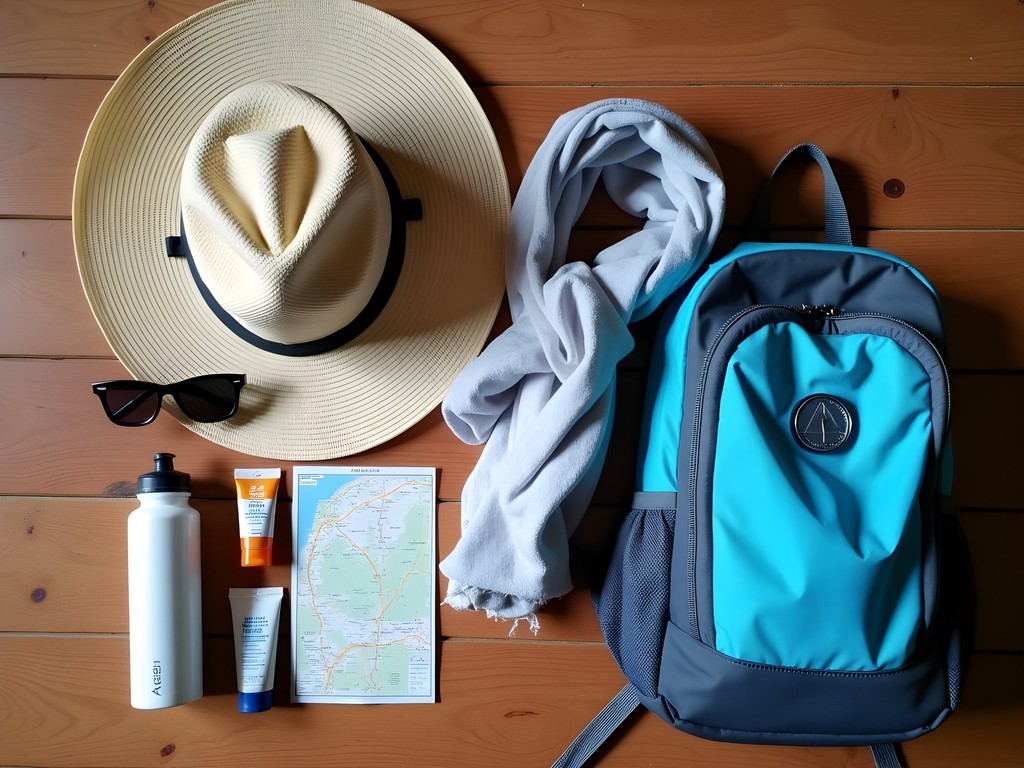
💡 Pro Tips
- Apply reef-safe sunscreen every two hours, especially to exposed hands and neck
- Start early and take a midday break when the sun is strongest (12-2pm)
- Carry electrolyte tablets to add to your water on particularly hot days
Cultural Immersion Beyond the Main Sites
What I love most about cycling is how it allows you to discover the spaces between the main attractions—those unscripted moments that rarely make it into guidebooks.
Between the grand monuments, I encountered local artists creating intricate batik fabrics, their hands moving with hypnotic precision as they applied hot wax to cotton. One artist, Priya, invited me to try my hand at the technique, resulting in what can only be described as an abstract blob that she kindly called 'modern art.'
Cycling also gives you access to lesser-known ruins that tour groups often skip. Just north of the main site, I discovered a small, unnamed temple with faded frescoes that had me completely to myself for over an hour.
For lunch, I stopped at a small family-run place where I enjoyed a traditional rice and curry spread served on a banana leaf for just 350 LKR (about £1.50). I washed it down with fresh king coconut water, sipped through a reusable bamboo straw I always carry to reduce plastic waste.
These unplanned encounters—sharing tea with locals, spotting wildlife, or discovering a perfect reading spot beneath an ancient tree—are the true luxury of self-guided cycling, regardless of your budget.
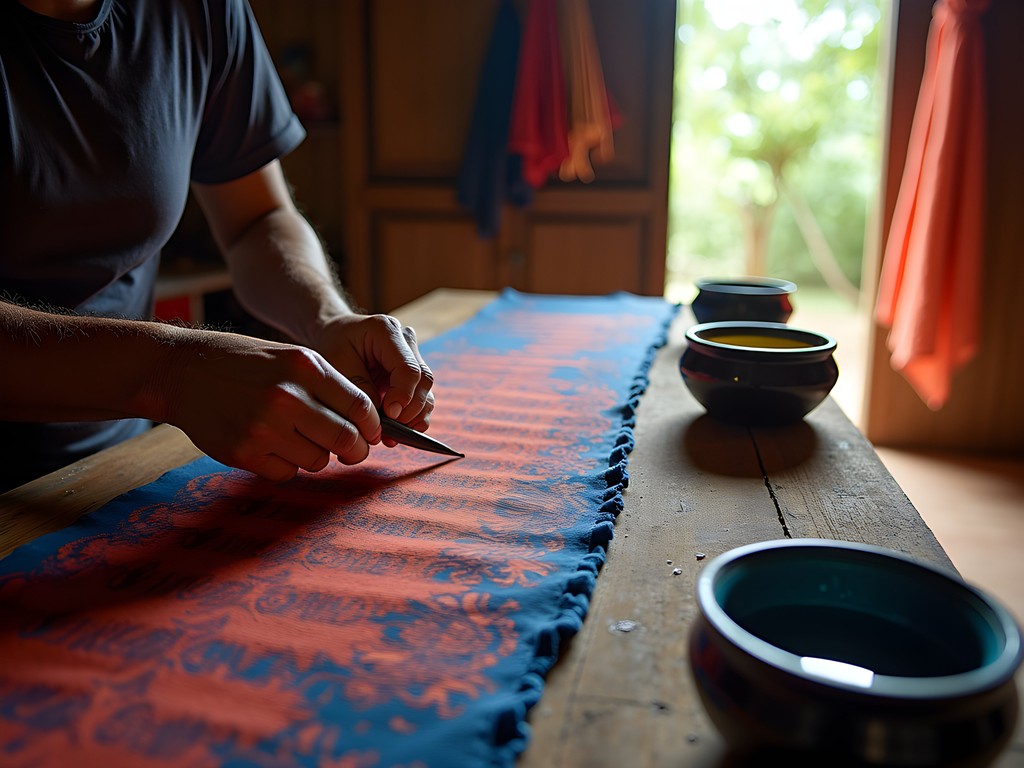
💡 Pro Tips
- Learn a few basic Sinhala phrases to connect with locals outside the tourist areas
- Support local artisans by purchasing directly from workshops rather than souvenir shops
- Allow time in your itinerary for spontaneous stops and conversations
Capturing Polonnaruwa: Photography Tips
The interplay of light and ancient stone in Polonnaruwa creates photography opportunities that had me constantly reaching for my camera. The site is particularly photogenic during the 'golden hours'—shortly after sunrise and before sunset—when the warm light bathes the ruins in an almost ethereal glow.
To protect my gear from dust while cycling, I used a camera rain cover which works brilliantly for dust protection too. For those long days exploring, I also packed a foldable solar charger which kept my phone and camera batteries topped up throughout the day.
My favorite photography spots included:
- Gal Vihara: Visit late afternoon when the setting sun illuminates the reclining Buddha
- The Quadrangle: Early morning when few tourists are around for reflections in the small pools
- Rankot Vihara: Climb to a vantage point for spectacular sunset views of this massive dagoba
Remember that some temples restrict photography or require additional permits for tripods. Always ask before setting up equipment, and be mindful of worshippers at active religious sites.
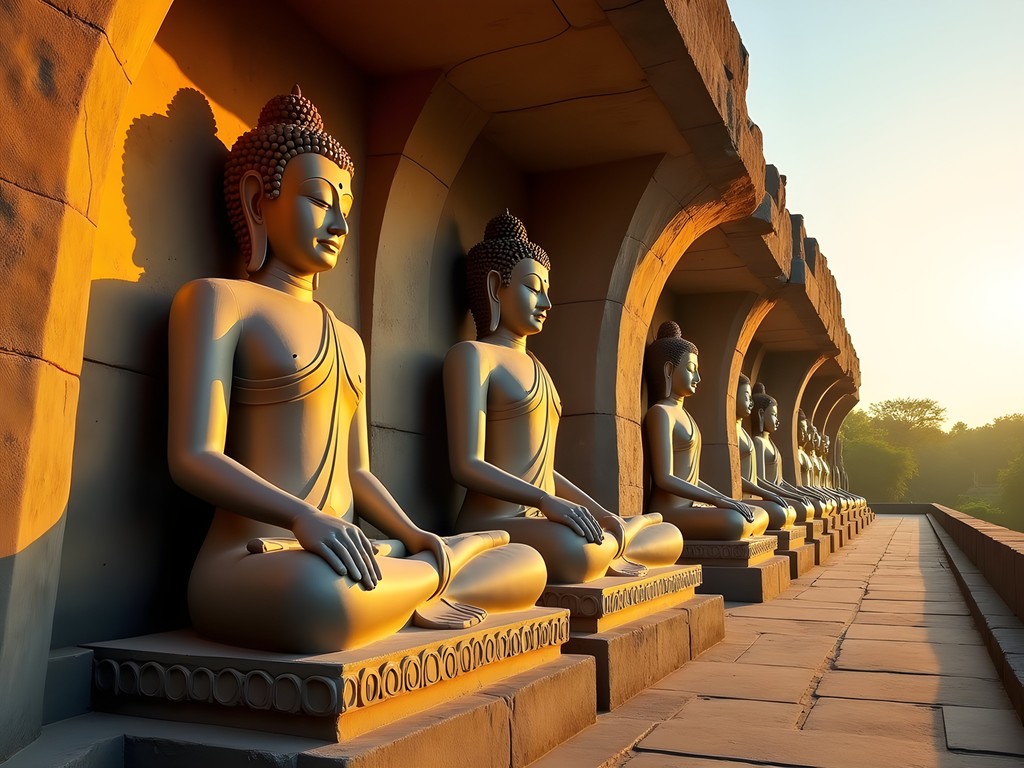
💡 Pro Tips
- Use a polarizing filter to cut glare and enhance the rich colors of the stonework
- Include people in some shots to show scale—these monuments are truly massive
- Look for unique angles that capture both the grandeur and detail of the structures
Final Thoughts
As I cycled back to return my rented bike at sunset, legs pleasantly tired and memory card full, I couldn't help but reflect on how differently I'd experienced Polonnaruwa compared to other ancient sites I've visited. There's something profoundly intimate about exploring history at the pace of a bicycle—fast enough to cover ground, yet slow enough to absorb details that would blur past a car window.
Cycling through Polonnaruwa isn't just budget-friendly and environmentally conscious; it's a more authentic way to connect with both Sri Lanka's ancient heritage and its living culture. The freedom to create your own path, to stop whenever curiosity strikes, to interact with locals away from tourist hotspots—these are the true luxuries of travel, regardless of what you spend.
So next time you find yourself in Sri Lanka's cultural triangle, trade the air-conditioned tour bus for a humble bicycle. Your wallet, the planet, and your sense of adventure will thank you for it. And who knows? Maybe you'll discover your own perfect moment of connection with this remarkable place, just as I found mine—pedaling slowly past the ancient moonstone at the Vatadage, as a family of monkeys watched curiously from their perch on a thousand-year-old wall.
✨ Key Takeaways
- Cycling offers the perfect pace to explore Polonnaruwa's sprawling ancient city
- Winter (December-March) provides ideal weather conditions with dry days and moderate temperatures
- Budget around 2000-2500 LKR (£8-10) for bicycle rental and entrance fees combined
- Plan your route strategically to hit major sites while avoiding backtracking
- The freedom of self-guided exploration leads to authentic cultural encounters beyond the main attractions
📋 Practical Information
Best Time to Visit
December to March (winter dry season)
Budget Estimate
£30-40 per day including accommodation, food, bicycle rental and entrance fees
Recommended Duration
One full day (6-8 hours of cycling with stops)
Difficulty Level
Intermediate

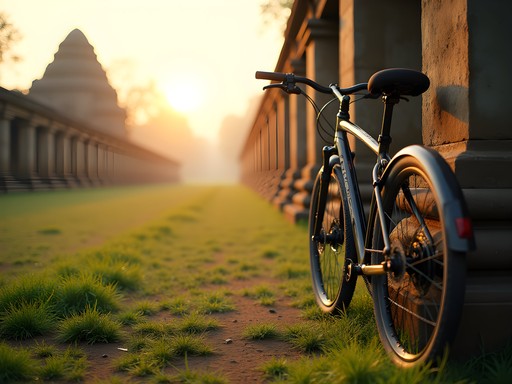
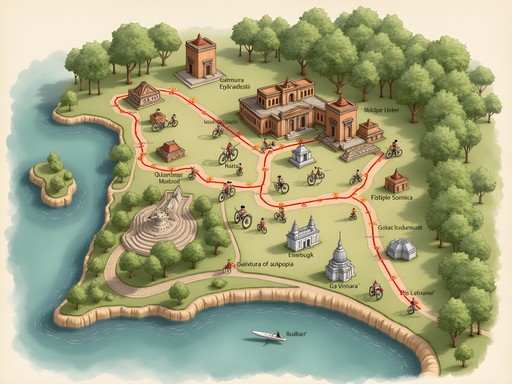
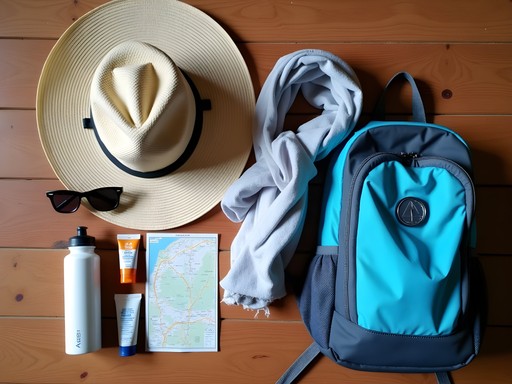
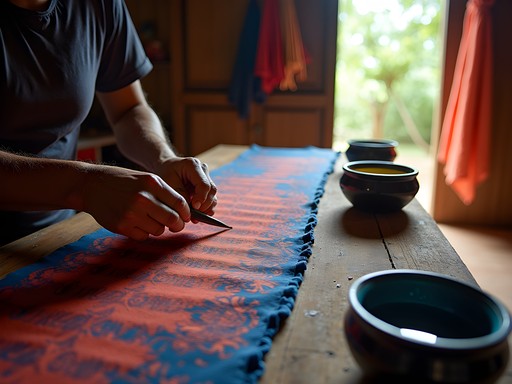
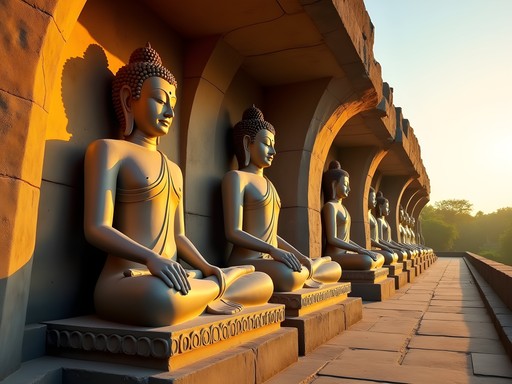


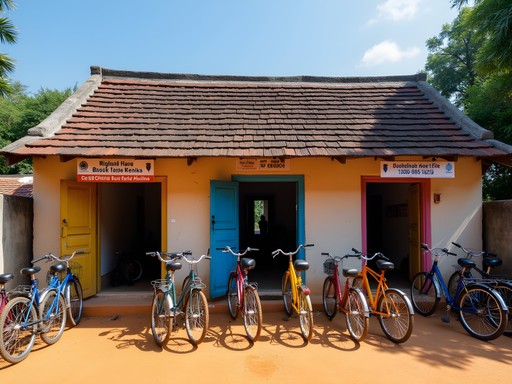
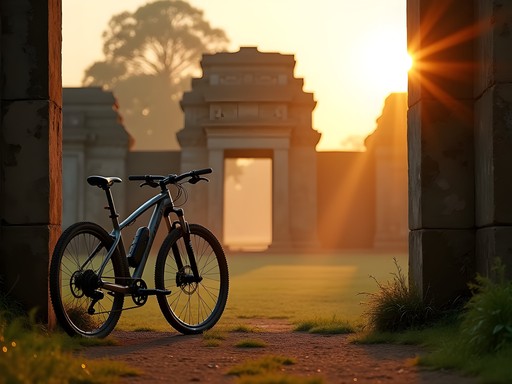

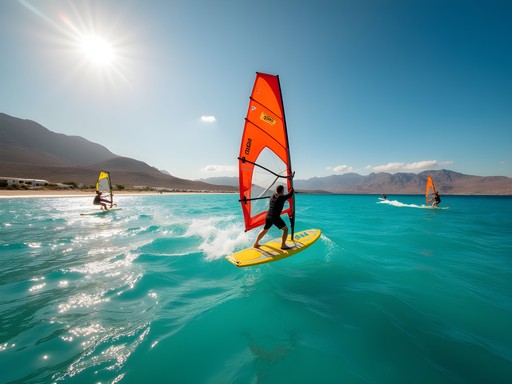
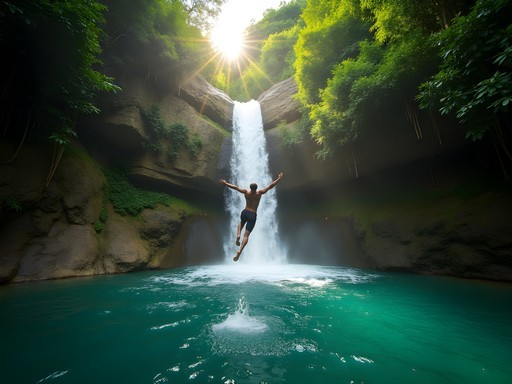
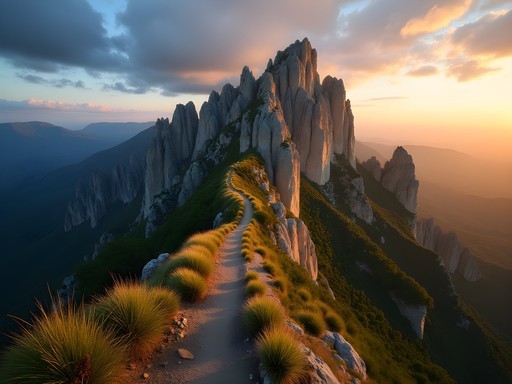

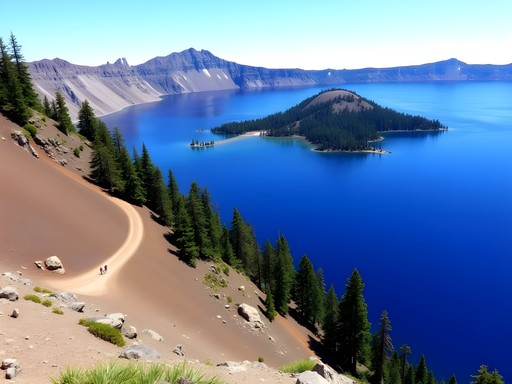
Comments
Lillian Diaz
This takes me back! I cycled Polonnaruwa solo three years ago and it completely changed how I approach archaeological sites. There's something about arriving at the Gal Vihara Buddha statues on a bicycle, slightly sweaty and sun-drenched, that makes the experience feel earned rather than packaged. I actually got a flat tire near the Royal Palace complex and a local guy helped me patch it up while his daughter brought me tea - ended up being invited to their home for lunch. Those unplanned moments are the soul of travel. For anyone nervous about cycling in a new place, Polonnaruwa is perfect because it's mostly flat and the routes are straightforward. Just bring sunscreen and water, and don't rush. The ruins have been there for 900 years - they'll wait for you to catch your breath! 🚴♀️
wildbackpacker
Going there next month! Any tips for a first timer?
Savannah Torres
What a wonderful post! We did Polonnaruwa with our two kids (ages 8 and 11) last year and it became one of our favorite family memories from Sri Lanka. We rented a tandem bike for my husband and younger daughter which turned into this hilarious adventure of them trying to coordinate pedaling. Your section about cultural immersion really struck a chord - we stopped at a small village tea shop you mentioned and the owner's grandmother told us stories about growing up near the ruins. Those unplanned moments of connection are what travel is really about. My kids still talk about 'the bicycle day with the giant Buddha statues.' Pro tip for families: start EARLY (we began at 7am) because by 11am it gets quite hot for little ones.
Oliver Duncan
Brilliant write-up, Genesis! Polonnaruwa by bike is genuinely one of those experiences that reminds you why slow travel matters. I remember cycling past a small temple that wasn't even on my map and spending an hour chatting with a monk who showed me around - would never have happened on a tour bus. One tip I'd add for budget travelers: if you're staying in Polonnaruwa town, some guesthouses lend bikes for free to guests. Saved me the rental fee and the owner drew me a custom map with his favorite spots marked. The cultural immersion section really resonated - those conversations with local families selling fresh king coconuts by the roadside were worth more than any guidebook.
wavefan
that's such a good tip about the guesthouses! do you remember which one you stayed at?
Oliver Duncan
It was called Lake View Guest House - super basic but the family was lovely and location was perfect
exploreguide
Is it safe to cycle there solo as a woman?
Savannah Torres
I took my family there in 2024 and felt very safe. The archaeological zone is well-patrolled and there are always other tourists and local guides around during daylight hours. Just stick to the main paths and finish before sunset.
dreambuddy
Beautiful photos!! 📸
Jean Wells
Excellent breakdown of the cycling route, Genesis. I visited Polonnaruwa three times over the past decade and your point about sustainable tourism really resonates. The site has become noticeably more crowded, but cycling does help minimize environmental impact compared to the tuk-tuks that idle between monuments. One observation: winter (December-February) offers the most comfortable temperatures for cycling, but if you're photographing the ruins, the monsoon season light in November can be spectacular - just be prepared for afternoon showers. The Cultural Triangle pass is worth calculating if you're visiting multiple sites in the region.
Genesis Ali
Great point about the Cultural Triangle pass! Definitely worth it if you're doing Sigiriya and Anuradhapura too.
freepro
How long did the full circuit take you? Trying to figure out if I can do this as a day trip from Sigiriya or if I need to stay overnight in Polonnaruwa
Oliver Duncan
Not the author but I did this route last year - took me about 5 hours including lots of photo stops and lunch. Definitely doable as a day trip from Sigiriya if you start early! I caught the 7am bus, cycled until 2pm, then headed back. The bus ride is only about an hour.
journeylover
Beautiful photos! Really captures the vibe
redbackpacker
Did this last year and totally agree about cycling being the best way! We went in the early morning to beat the heat and had the whole place almost to ourselves. One tip - bring way more water than you think you need. The distances between sites are bigger than they look on the map and there aren't many places to refill once you're in the archaeological zone. Also the monkeys near the Gal Vihara are super bold so watch your snacks lol
exploreguide
Good to know about the monkeys! Going next month
Venture X
Premium card with 2X miles, $300 travel credit, Priority Pass